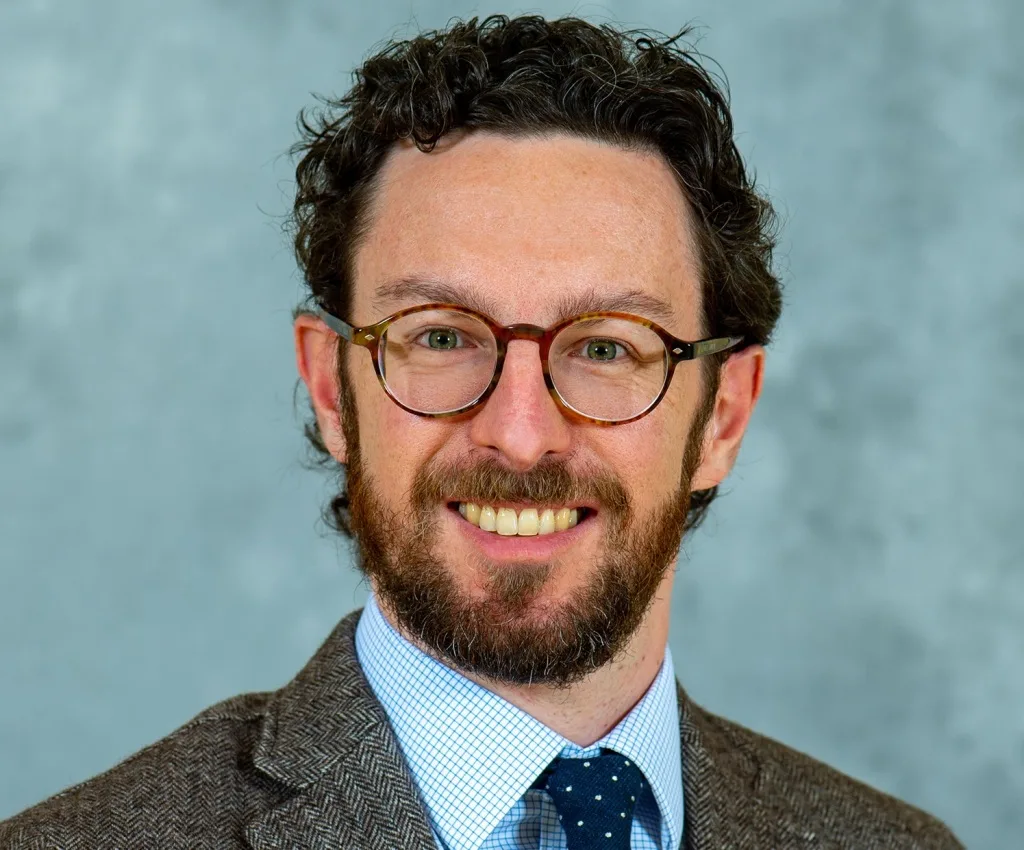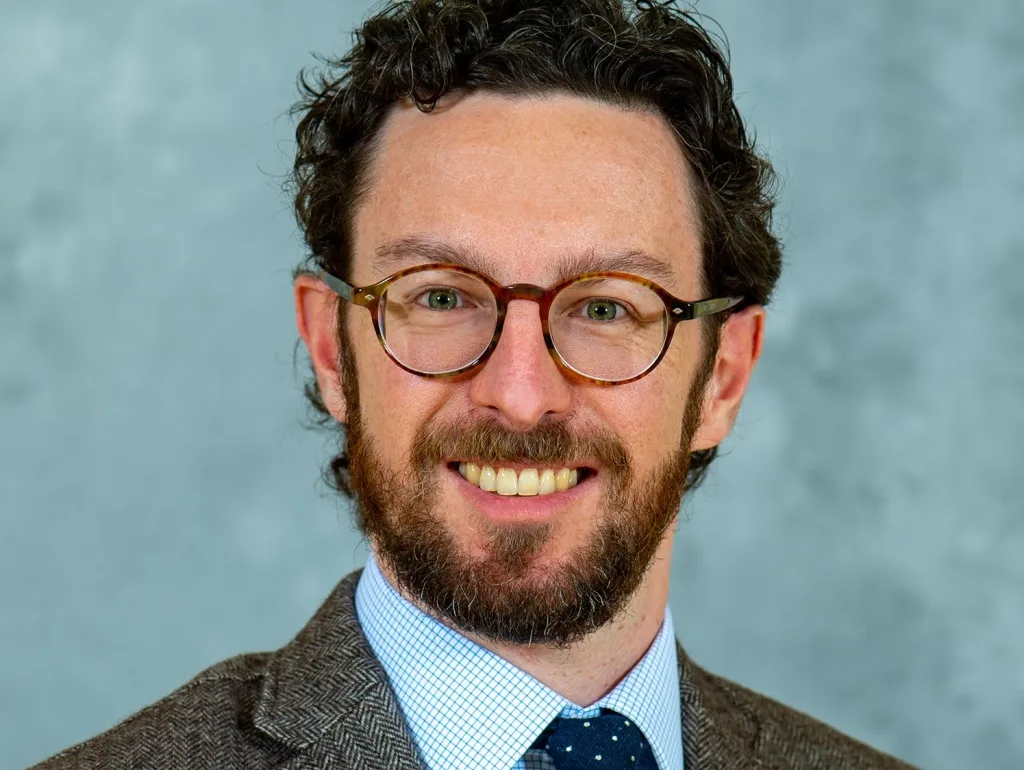
I write as a proud product of Florida’s public education system, or at least the one that Florida used to have. I made my way from Conway Elementary and Middle Schools to Winter Park High. When I graduated in 2001, I planned to study chemistry in college. I did not know that I would major in history and become an African American Studies professor. The 17-year-old me would not have recognized the person I am today. However, I write, not as an academic, but as a former resident of Florida, to opine about my past and Florida’s future.
My public-school education paved this path of self-discovery. Discerning high-school teachers led classroom discussions about Toni Morrison’s “Beloved” and Zora Neale Hurston’s “Their Eyes Were Watching God.” They guided historical conversations about slavery’s role in the nation’s founding and about the Civil War’s complex racial politics. These formative moments helped me decide to switch majors once STEM no longer appealed to me.
I fear that these opportunities are being taken away from Florida’s current students. Gov. Ron DeSantis’s policies are an alarming affront to all that education aspires to be. Education is about learning to evaluate evidence. It is not about giving students pre-evaluated claims, presented as facts, to make them think and feel a certain way. Yet, this is what the Florida State Academic Standards for Social Studies released on July 19 does. It addresses certain aspects of African American history and omits others to align with the political agendas of the people governing from Tallahassee.
DeSantis has brought this ideological crusade to audiences nationwide. In January, he took issue with some of the topics in the proposed AP African American Studies curriculum. On Twitter, Education Commissioner Manny Diaz Jr. called it “woke indoctrination masquerading as education.” Indoctrination is not AP classes’ goal. Indoctrination is never a good educator’s goal. By demanding the removal of topics like Black feminism, reparations, and the Movements for Black Lives from the course, the DeSantis administration has advocated for its own policies of “indoctrination masquerading as education.”
When I teach African American history since 1865, I want students to explore the diversity of Black thought. For example, when we discuss the civil rights movement, students must move beyond the overused comparisons between Martin Luther King Jr. and Malcolm X to examine why Stokely Carmichael marched and what Clarence Thomas wrote.
I do not completely agree with any of the historical figures whose lives and ideas I teach. I hope my students say the same. What they conclude, however, is their choice, not mine. When we read Morrison and Hurston, I hope my students understand what and why these two wonderful writers wrote. This applies to all the people we study, from W.E.B. Du Bois and Booker T. Washington to Audre Lorde, Jesse Jackson and John McWhorter. Political orientations do not determine the topics I introduce. A balanced, unbiased curriculum requires the full range of possible perspectives, even those that DeSantis thinks lack significance. After all, don’t we want our students to learn how to determine who and what is significant?
The books I read as a student at WPHS helped me realize that educators teach people to be critically engaged lifelong learners. I will never tell anyone not to read something, but I will suggest they read something else to supplement what has piqued their interest.
DeSantis is taking Florida down the opposite path. By claiming that some aspects of African American Studies should not be taught, he weakens Florida’s education system. He hands out badges of condemnation, unilaterally deciding who deserves dignity and safety, who is branded as dangerous, who gets to be read, and who gets to be banned. We often say that “knowledge is power.” I challenge everyone to go further and ask, “Whose knowledge? Whose power?” I think DeSantis’s answer to these questions is quite clear and quite troubling. He wants to squash the knowledge that threatens his power.
This story is also familiar to me. Unsurprisingly, I learned about it in high school. The first book assigned my freshman year was Ray Bradbury’s “Fahrenheit 451.” Alas, I do not think DeSantis grasps Bradbury’s message, or maybe he has not read the novel. If he is interested in reading it, I will gladly send him a copy.
Theodore Cohen, who graduated from Winter Park High School, lives in Carbondale, Ill.


